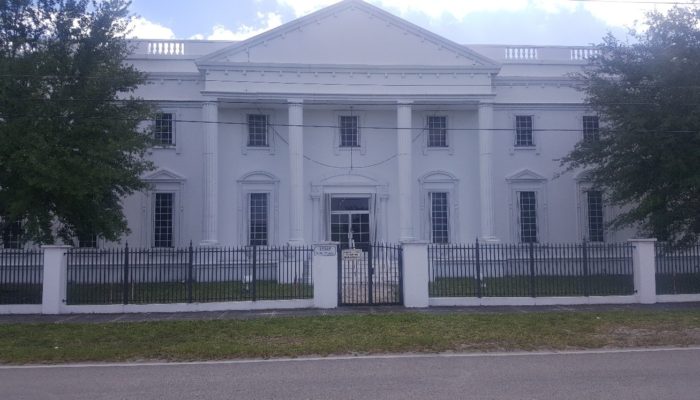Contesting a Last Will & Testament is a complex legal process and should be approached with careful consideration. The following are a few key points to understand about contesting a Last Will and Testament:
- Eligibility to Contest:
-
- One must have legal standing to contest a Last Will. This typically means an individual must be a person who would stand to inherit if the Last will were declared invalid.
- Common scenarios include being named in the Last Will and seeking more, being named in a previous version of the Last Will but excluded in the current one, or being a legal heir who would inherit if there were no Last Will.
- Reasons for Contesting: Contesting a Last will requires valid reasons. Common grounds include:
-
-
- Mental Incompetence: If one believes the deceased person was not mentally competent when making the Last Will.
- Undue Influence: If one suspects someone exerted undue influence on the deceased to include or exclude certain beneficiaries for personal gain.
- Legal Formalities: If the Last Will lacks proper legal formalities, such as being unsigned or without the required number of witnesses.
- Forgery or Fraud: If one believes the Last Will is a forgery or the result of fraud.
- Existence of a More Recent Will: If one has evidence that a more recent valid Last Will exists.
-
- Legal Process:
-
- Contesting a Last Will is a legal process that usually involves filing a petition with the probate court.
- It is advisable to seek legal representation from an experienced attorney specializing in probate and estate litigation.
- Burden of Proof:
-
- The person contesting the Last Will typically bears the burden of proving the grounds for contesting.
- Evidence, such as medical records, witness statements, or other relevant documentation, may be required to substantiate one’s claims.
- Timelines:
-
- There are time limits for contesting a Last Will, and these vary by jurisdiction.
- It is crucial to initiate the legal process within the specified timeframe. Florida law mandates a strict filing deadline for Will contests. Any interested person must file a formal lawsuit contesting the Last Will within 90 days after the filing of the Notice of Administration—the document filed by the estate’s Personal Representative notifying the decedent’s heirs of probate court proceedings. If a Florida resident receives a Petition for Administration by formal notice, then they have only 20 days to contest the Last Will.
- Emotional Impact:
-
- Contesting a Last Will can be emotionally challenging, especially considering the loss of a loved one and potential family conflicts.
- It is important to weigh the emotional toll against the potential benefits and consider alternative dispute resolution methods, such as mediation.
- Legal Advice:
-
- Consult with an experienced estate attorney to assess the merits of your case and understand the legal complexities involved.
- An attorney can guide you through the process, help gather necessary evidence, and represent your interests in court.
Contesting a Last Will & Testament is not a simple or guaranteed process, and success depends on the specific circumstances of each case. If a person believes they have valid reasons to contest a Last Will, seeking legal advice promptly is crucial to understanding one’s options and taking appropriate action.
The foregoing is a brief and general overview of the topic.
If you have any additional Questions regarding the foregoing or have any legal issue or concern, please contact the law firm of CASERTA & SPIRITI in Miami Lakes, Florida.



